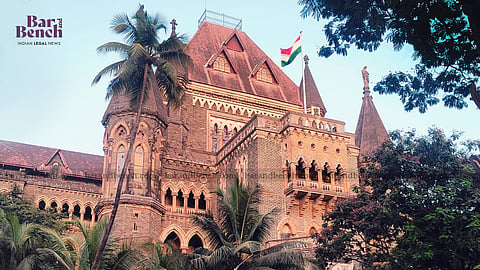
- News
- Columns
- Interviews
- Law Firms
- Apprentice Lawyer
- Legal Jobs
- हिंदी
- ಕನ್ನಡ

A Public Interest Litigation (PIL) petition has been filed before the Bombay High Court calling for the immediate implementation of the "One Nation One Ration Card" (ONORC) scheme under the National Food Security Act (NFSA).